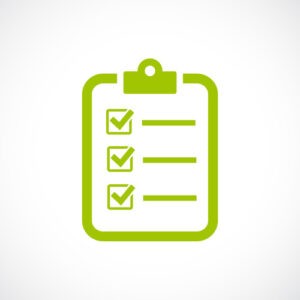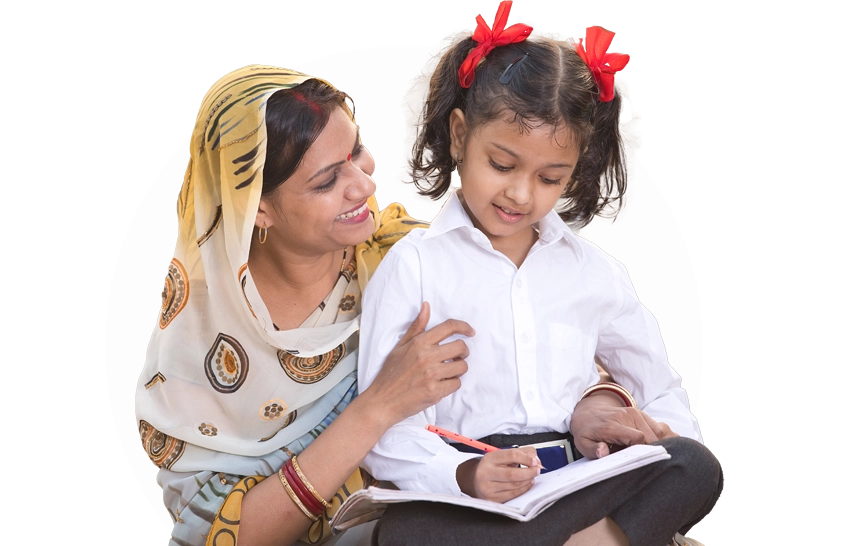 Use any agenda and cross off questions on your list as they are answered. If this isn’t your first meeting, ask about any action that was agreed at the last meeting.
Use any agenda and cross off questions on your list as they are answered. If this isn’t your first meeting, ask about any action that was agreed at the last meeting.
It’s OK to speak up if you don’t understand something or want it explained in more detail. It’s also OK to disagree with what’s being said. You could try saying something like “I understand/hear what you’re saying, but I have a different view, or I disagree”.
Listen carefully to each person and try not to interrupt. Respect other people’s views in the meeting.
Make sure you have time to say your views and opinions. Try and be as positive as you can and focus on how things can improve, rather than on what’s gone wrong – ask if you can talk about solutions rather than problems.
Don’t feel pressured into agreeing to things that you’re not sure about. You can ask for time to think about things or say you’d like to talk to others such as your partner or someone from DiAS.
When the meeting is coming to an end, ask the person running it to list the main action that has been agreed, who will be doing that work and by when. Check all your questions have been answered.
What to have with you during the meeting
- A note pad and pen to jot things down.
- A glass of water or a drink if it’s going to be a long meeting.
- Your battery charger or power cable if you might need it.
- Your child or young person’s views.
- Any relevant reports or information. This is especially important if you’re using your phone, because it’s difficult to read reports on a small screen during the meeting.
- Your list of questions or concerns or our meeting form.




 Use any agenda and cross off questions on your list as they are answered. If this isn’t your first meeting, ask about any action that was agreed at the last meeting.
Use any agenda and cross off questions on your list as they are answered. If this isn’t your first meeting, ask about any action that was agreed at the last meeting.